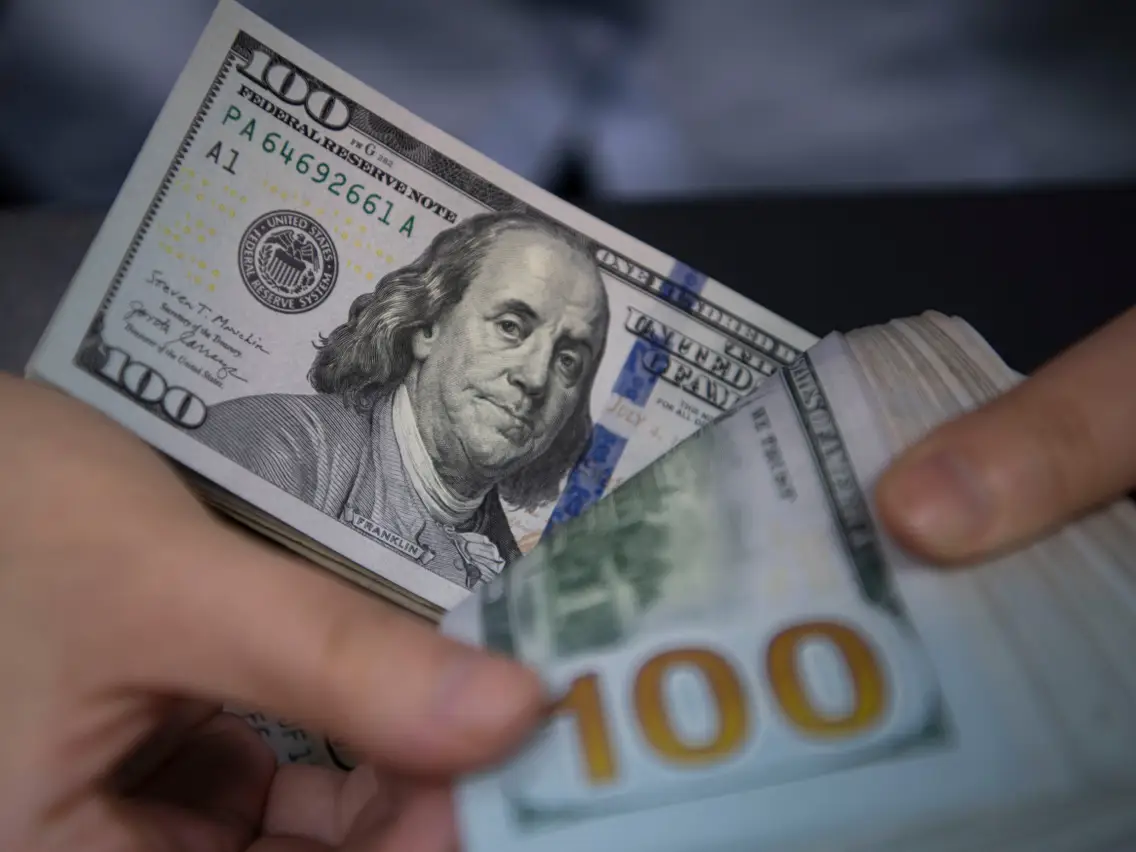With policymakers at the European Central Bank and the Bank of England stating that inflationary pressures in their respective economies have become more controllable, the euro and sterling fell versus the dollar on Friday.
The U.S. dollar index increased 0.02% to 101.81, moving away from the nine-month low of 100.80 set on Wednesday, as the dollar recovered some of its earlier week losses against a basket of other currencies.
In Asian trading, the pound fell to a low of $1.2203, surpassing a two-week low, and last traded 0.04% down at $1.2219. The previous session had a 1.2% slide, which was the biggest daily loss in a month.
After falling 0.7% on Thursday, the euro decreased by 0.12% to $1.0897, pulling away from its 10-month high of $1.1034.
Both the ECB and the BoE increased interest rates by 50 basis points on Thursday as anticipated, with the latter indicating that the battle against high inflation was beginning to gain ground.
President Christine Lagarde acknowledged that the outlook for growth and inflation in the eurozone had become less concerning, even though the ECB explicitly hinted at least one more rate hike of the same magnitude for next month.
According to Carol Kong, a currency strategist at the Commonwealth Bank of Australia, “The ECB was a little bit more dovish than markets had previously expected… (while) the Bank of England has provided a slight suggestion that they might be close to concluding their tightening cycle” (CBA).

